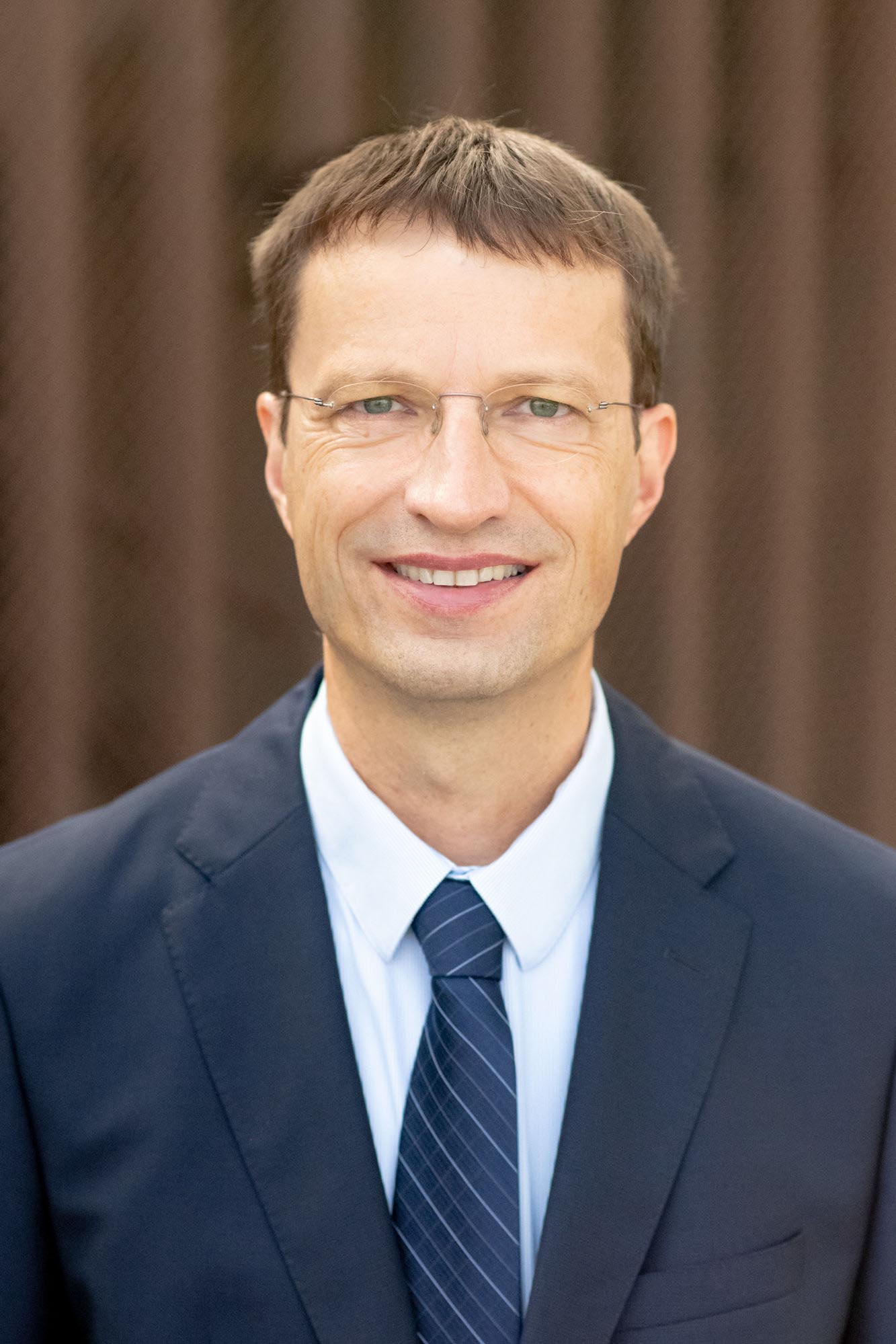Call Now Open
2026 Oxford-Harrington Rare Disease Scholar Award

Gastroenterology
Bacteriophage Therapy to Treat Alcoholic Hepatitis
2022 Harrington Scholar-Innovator
Bacteriophages, or phages, are naturally occurring viruses that destroy bacteria. These bacteria eaters are being harnessed as drugs for targeted treatment of alcoholic hepatitis (AH). With antibiotic resistance at alarming levels, phage therapy (PT) offers a potential alternative.
Cytolysin is a toxin generated by Enterococcus faecalis bacteria found in fecal samples from close to one-third of patients hospitalized with late-stage alcoholic hepatitis,” says Dr. Bernd Schnabl, a gastroenterologist by medical specialty. “All the blood from the intestine goes to the liver, which filters for nutrients, toxins, and microbiota—microbial products. The liver begins to fail when it is overwhelmed with toxins like cytolysin. We have even seen some patients at the end stage of liver disease go into a coma and wake up when given antibiotics, confirming the causal relationship of improving health by destroying dangerous bacteria.”
With Harrington support, Dr. Schnabl and his team are conducting efficacy tests of synthetic, patentable phages for development of a universal drug for AH. But bacteriophages are very picky eaters, and matching the right phage to the right “food” is tricky.
“Some phages recognize toxin producing bacteria from multiple patients, some from one patient,” Dr. Schnabl says. “We have been editing and testing an ‘army' of natural phages, which is expensive and time-consuming. So far, our first generation of phages can overcome bacterial resistance and destroy a broader range of bacteria than the parent phages. If cytolysin is linked to other diseases, the PT approach has potential for more novel antibacterial drugs.”